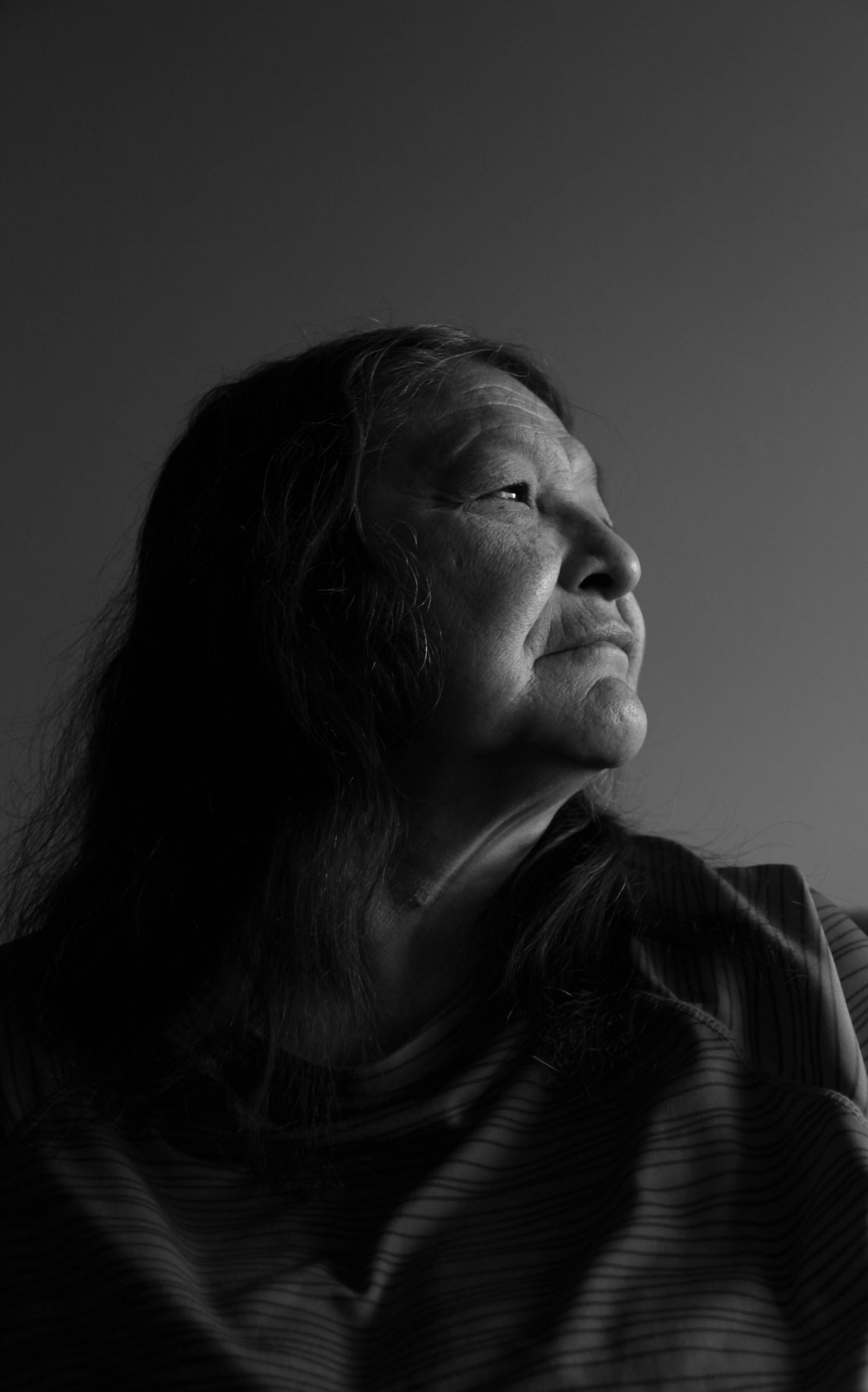
In an effort to raise awareness and spotlight communities most affected by the War on Drugs—Emerald is expanding its Conscious Consumption series to include a list of 100+ Indigenous-Owned Businesses to Support Right Now.
The list—which will be released this August—includes ancillary and plant-touching operations, ranging from retail to media services. This is an on-going list that will be constantly updated, so if you or someone you know would like to be included, please reach out at info@TheEmeraldMagazine.com.
Indigenous Americans have some of the deepest roots to cannabis in our country. The plant was used for various reasons, ranging from rituals, to food, to medicine. Many tribes have grown sacred strains for hundreds of years, and these strains can only be found on reservations.
As can be said for many people today, Indigenous Americans believed that those who smoked together would become united. Due to the psychological effects that the plant possesses, tribes often consumed together so that everyone would be under a watchful eye. This led to the creation of the ceremony pipe, or “peace pipes.”
While not all Indigenous tribes used peace pipes, those that did, did so with great respect. It is believed that the smoke mixture from the pipes was an offering to the spirits. According to the Encyclopedia Britannica, ”Among some tribes such as the Pawnee, Omaha, and Crow, complex pipe dances were developed that presented smoke offerings to the Almighty on behalf of the entire community.”
The legalization of cannabis could greatly affect the economy of Indigenous tribes. While states are passing more progressive laws, many Indigenous peoples have not been able to take part in these changes, which holds these communities back from using cannabis for economic development. This has led to years of structural unemployment, which many Native Americans feel could change if given the opportunity to benefit economically from the cannabis industry. With progressive cannabis reform, Indigenous Americans could benefit immensely from a plant that has shaped them spiritually for generations.


This is false on a number of different levels.
Tobacco is sacred and cannabis was not used in any of the ceremonies.
I am an enrolled member of a federally recognized tribe and actually grew up on a reservation. I gladly submitted my information for inclusion to the 100 indigenous owned businesses in the US.
It might be that tribes do NOT want to enter any framework controlled by the FEDS but it might be that they are growing cannabis nonetheless 🙂